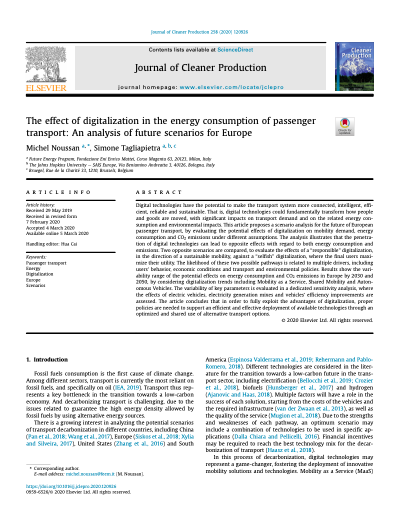Blog Post



The impact of COVID-19 restrictions on individual mobility
Distancing measures imposed by twelve European countries during the COVID-19 pandemics (a ban on holding public events, school closures, shop closures, and a ban on non-essential movement) were associated with large drops in visits to retail and recreation, groceries and pharmacies, transit stations, and workplaces, drops in visits to parks in most cases, and an increase in time spent at home. These effects, measured and disentangled in our analysis, have implications for the costs and risks of closing and re-opening economies: distancing policies (i) reduced contact and likely reduced the transmission of COVID-19 within the population, implying gains for public health, while they (ii) reduced presence at workplaces, shops, restaurants and other venues of economic activity, implying economic costs.




